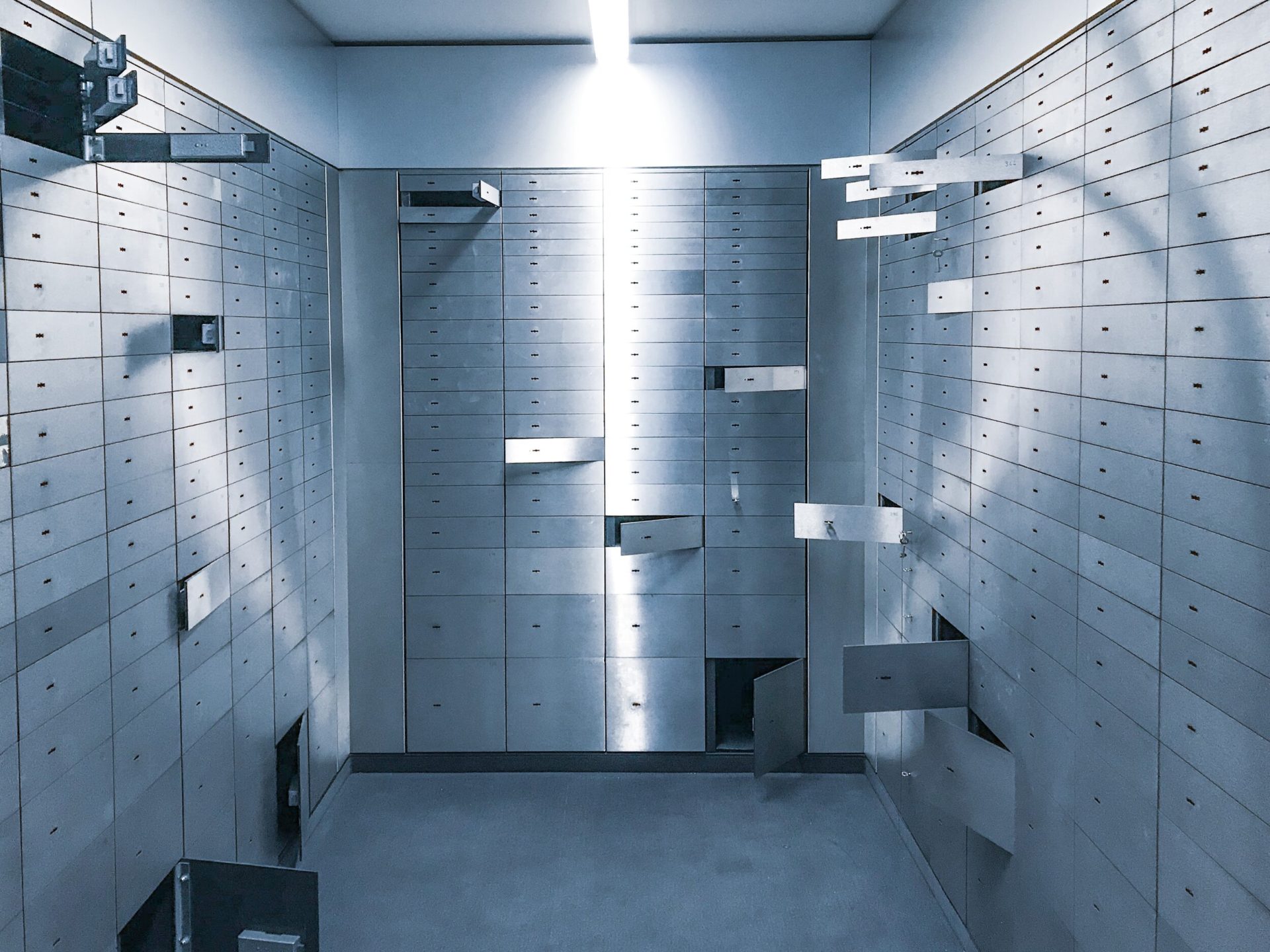
Americans have many reasons to store valuables away from home: the potential for fires, floods, and theft are just a few. Paul and Jennifer Snitko put heirloom watches, backup hard drives, and a flight log in their safe deposit box at U.S. Private Vaults in Beverly Hills after California wildfires threatened their home. Joseph Ruiz put cash from an accident settlement in his box. Jeni Pearsons and her husband stored precious metals they had purchased for retirement.’
But their valuables ended up in the hands of the FBI, even though none of them were charged with a crime. In March of this year, the federal government accused the company U.S. Private Vaults of a number of offenses—including facilitating drug crimes—and then used that as a pretext to crack open every single box in the facility. When The Los Angeles Times first reported the story in early June, they found that the FBI seized $86 million in cash and an untold amount in other valuables from 369 deposit boxes.
The warrant authorizing the raid specifically limited the FBI from searching or seizing individual boxes, but the FBI blew past that limitation. Under the warrant, the agency was only supposed to examine the boxes to identify the owners and give the contents back. And that should have been easy enough, as many box holders – including the Snitkos, Pearsons, and Ruiz – had letters taped to top with their contact information. But the FBI ignored those letters, opened the boxes, and surveyed all the contents.
Americans have the right to be secure from unreasonable searches and seizures, both in their homes and in rented spaces like safe deposit boxes, apartments, and storage units. The Institute for Justice teamed up with innocent box owners to sue to protect their constitutional rights.
Immediately after that lawsuit was announced, the FBI offered to return the Snitkos’ property. But at the same time, the government was moving to permanently take the contents of hundreds of other boxes that contain more than $85 million in cash and a fortune in precious metals and other valuable items. This included Joseph’s cash and Jeni’s precious metals. Joseph was especially devastated since he relied on the money in his box to pay for medical treatment and other necessary expenses.
The government claimed the right to take all that property using civil forfeiture, even though the box owners still were not being charged with any crimes. Civil forfeiture allows police to seize — and then keep or sell — any property they allege is involved in a crime; and, according to the Institute for Justice study Policing for Profit, “Under federal law, some or all of the proceeds from forfeiture go to law enforcement coffers.” In America, you have the right to know why the government is trying to take your things. Since the government offered no explanation here, the Institute for Justice asked the court to immediately stop the government’s effort to forfeit the property.
On Tuesday, June 22nd, 2021, a federal judge in Los Angeles agreed. He issued a temporary restraining order preventing the government from forfeiting Joseph and Jeni’s property without saying what they did wrong. He wrote: “This notice, put bluntly, provides no factual basis for the seizure of Plaintiffs’ property whatsoever.”
That’s good news, but the fight is far from over. Joseph, Jeni, and hundreds of others still don’t have their property. And although the logic of the judge’s ruling applies to all U.S. Private Vaults box holders—and not just Jeni and Joseph—the government has not yet said whether it intends to abide by the decision. Months or even years of litigation could still be ahead to force the government to follow the law.
Still, the Constitution is clear. Americans have the right to be secure in their property, whether they keep it at home or in a safe deposit box. Making sure the government obeys the Constitution is always worth the fight.






